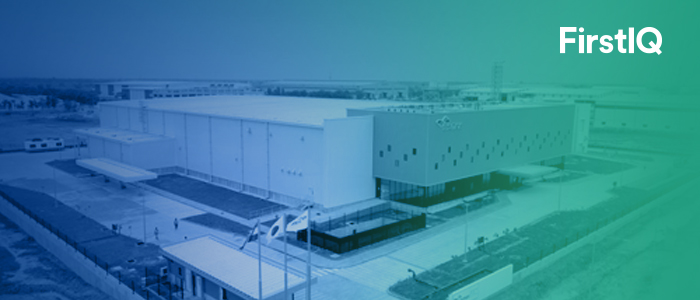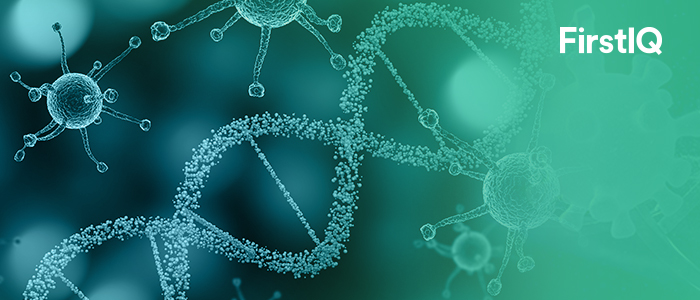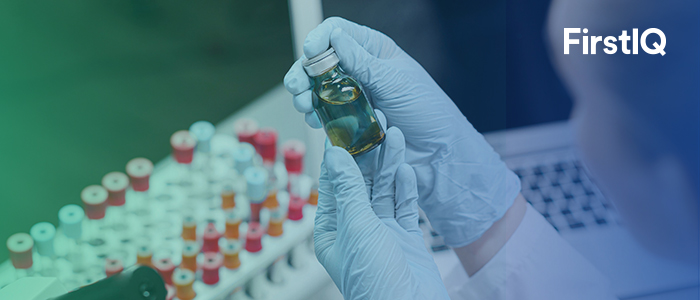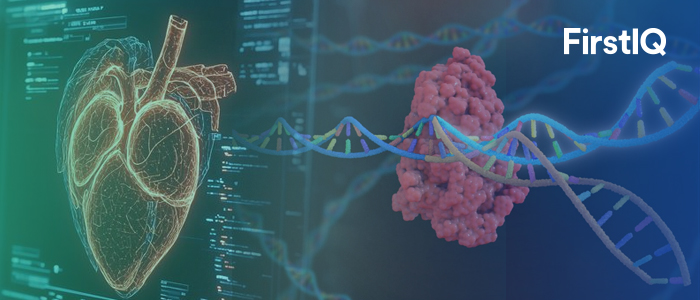China, the Future of ADC Innovation: Antibody Drug Conjugates Deal Making
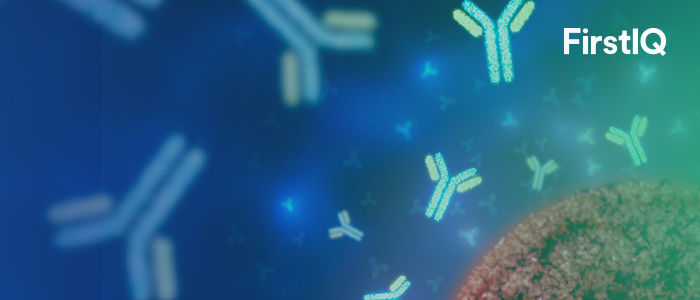
Chinese companies are riding high on antibody drug conjugate partnerships and collaborations.
“Our collaboration with SystImmune allows us to strengthen our leadership in oncology and is consistent with our strategy to diversify beyond immuno-oncology to transform patient care,” said Samit Hirawat, MD, Executive Vice President, Chief Medical Officer, Drug Development at Bristol Myers Squibb.
Currently only 13 ADCs are approved by the U.S. and Europe in the market but the promising pipeline of more than 250 candidates is under clinical evaluation, signaling a targeted shift in the cancer treatment. In the Asia Pacific region, the development of ADCs is accelerating through new deal-making and clinical trials. China is running behind this opportunity with high-end partnerships and collaborations with global biopharma companies. This strategy adopted by Chinese companies are advancing the clinical evaluation activities for ADCs in APAC region.
China not only leads in Phase 1 trials but also ranking at second place in the phase 2 development globally. From 2022 to 2024, it has witnessed a surge in ADC licensing deals attracting global pharmaceutical companies. These partnerships are showcasing the country’s focus on advancing biotech innovation. Biotech companies such as Kelun Biotech, Duality Biologics, and Hansoh Pharma are the key players in the ADC development, undergoing landmark licensing deals with major pharma companies such as GSK, BioNTech & others.
Going forward China is witnessing a wave of deal making with U.S. European, and Japanese pharma companies. This deal value in between 2022-2024 was valued at USD 1,988 million, showcasing China’s capabilities in drug discovery & development.
- For instance, Kelun Biotech, a key developer of ADCs signed multiple partnership and collaboration agreements, as follows
- December 2022: The companyented into a licensing agreement with Merck & Co., Inc., a leading developer of biopharma products for the seven ADCs, at a value of USD 175 million
- May 2022: Kelun entered into a licensing agreement with Merck for ADC targets SKB264 at USD 47 million.
- July 2022: Signed an Agreement with Merck & Co., Inc for SKB315 for a deal value USD 35 million.
“We are very pleased that the NDA application for the fourth indication of our core product, sac-TMT, has been accepted by the CDE of NMPA, which is another breakthrough for the breast cancer treatment field”, said by Dr. Michael Ge, CEO of Kelun-Biotech.
- Furthrmore, SystImmune, a clinical stage Chinese biotech company entered a deal with Bristol Mayer Squibb in December 2023, forBL-B01D1 candidate. The deal was valued at USD 800 million and this is one of the largest ADC licensing deal by a Chinese player. Such partnerships are highlights the China’s interest in the ADC market.
- Hanson Pharma, a leading ADC developer partnered with GSK for its ADC HS-20093 at a deal value of USD 185 million in December 2023. Before this deal Hanson also licensed GSK HS-20089 to GSK for USD 85 million in October 2023.
These partnership highlights that China is becoming the global research and development center for antibody drug conjugates. The country is accounting for nearly 60% of all newly registered global ADC trials in 2023 as compared to less than 20% in 2020. Factors such as robust clinical trial infrastructure, strong R&D capabilities, high operational efficiency are the key parameters advancing the clinical development in China.
